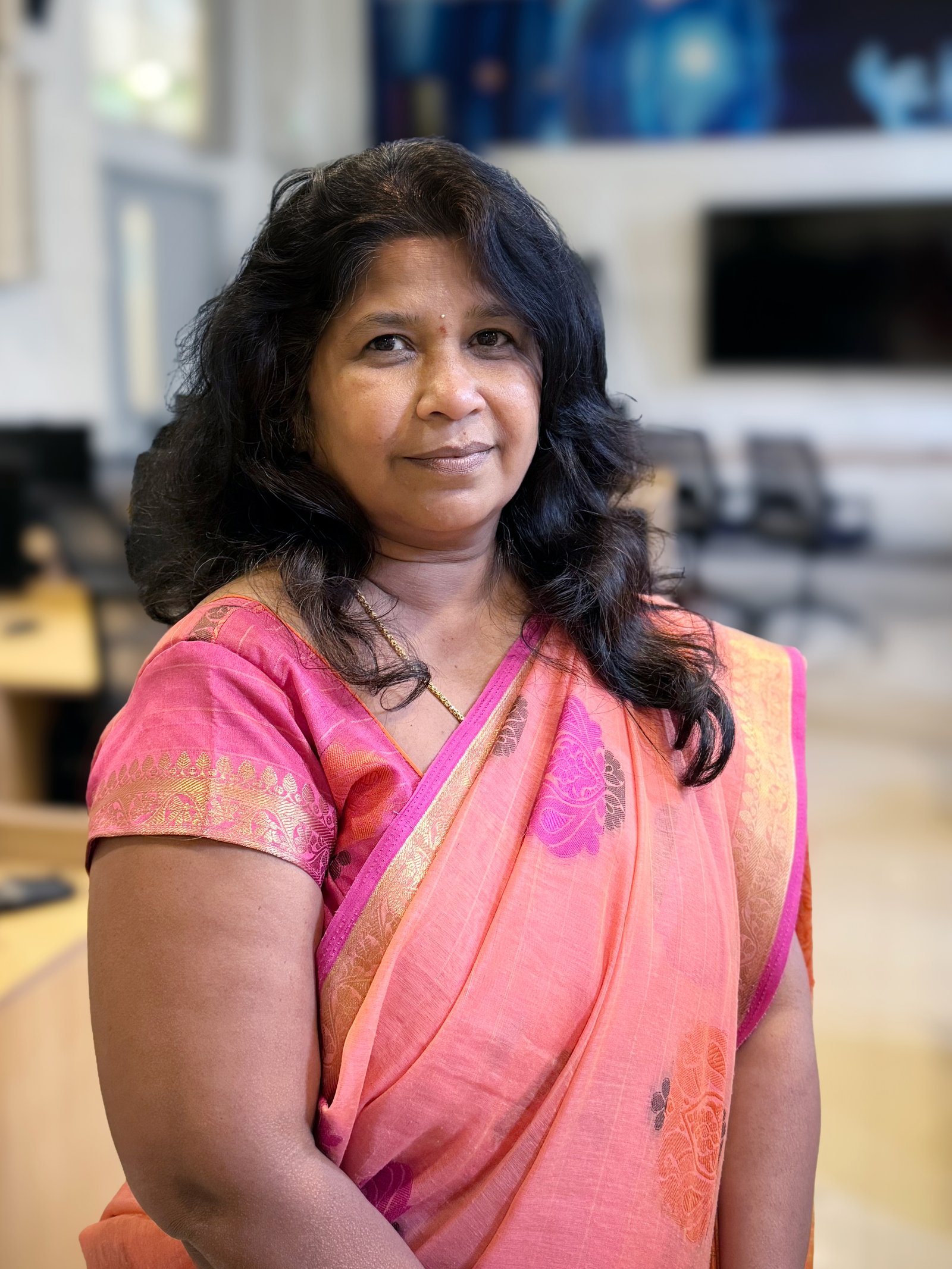
The ECE Experience
The B.E. in Electronics and Communication Engineering (ECE) program at Cambridge Institute of Technology North Campus (CIT – NC) is a four-year dynamic undergraduate program focusing on Designing, Developing and Maintaining Electronic systems and Communication networks. It provides a solid foundation in Circuit theory, Digital electronics, Signal processing, Microprocessors, Embedded systems and Communication technologies.
The curriculum also integrates modern advancements such as IoT, VLSI design, Wireless communication, Robotics and 5G Technologies. Hands-on lab sessions and projects ensure practical understanding alongside theoretical knowledge. Students are trained in industry-relevant tools like MATLAB, Verilog, Xilinx and Simulation software to enhance design and analysis skills. The program promotes interdisciplinary learning and includes exposure to AI, Machine learning and Automation. Internships, Industrial visits and Expert talks help students stay aligned with current industry trends. Graduates are well-prepared for careers in Telecommunications, Consumer electronics, Embedded systems, Aerospace and R&D. The curriculum also supports those aiming for Higher studies or Competitive exams like GATE, GRE or UPSC.
The ECE Relevance
Electronics and Communications Engineering (ECE) graduates are instrumental in driving the digital revolution that defines today’s connected world. With expertise in designing and developing Electronic systems, Communication networks and Embedded technologies, ECE professionals power the backbone of modern technology - from smartphones and satellites to smart cities and autonomous vehicles.
As industries move toward 5G, IoT, AI integration and Automation, ECE graduates are at the forefront of innovation. They play a crucial role in developing high-speed communication systems, efficient hardware and intelligent control systems that enhance both industrial and consumer applications. Their interdisciplinary skills enable them to work in Core electronics, Telecommunications, Embedded systems, Robotics and even Software development.






